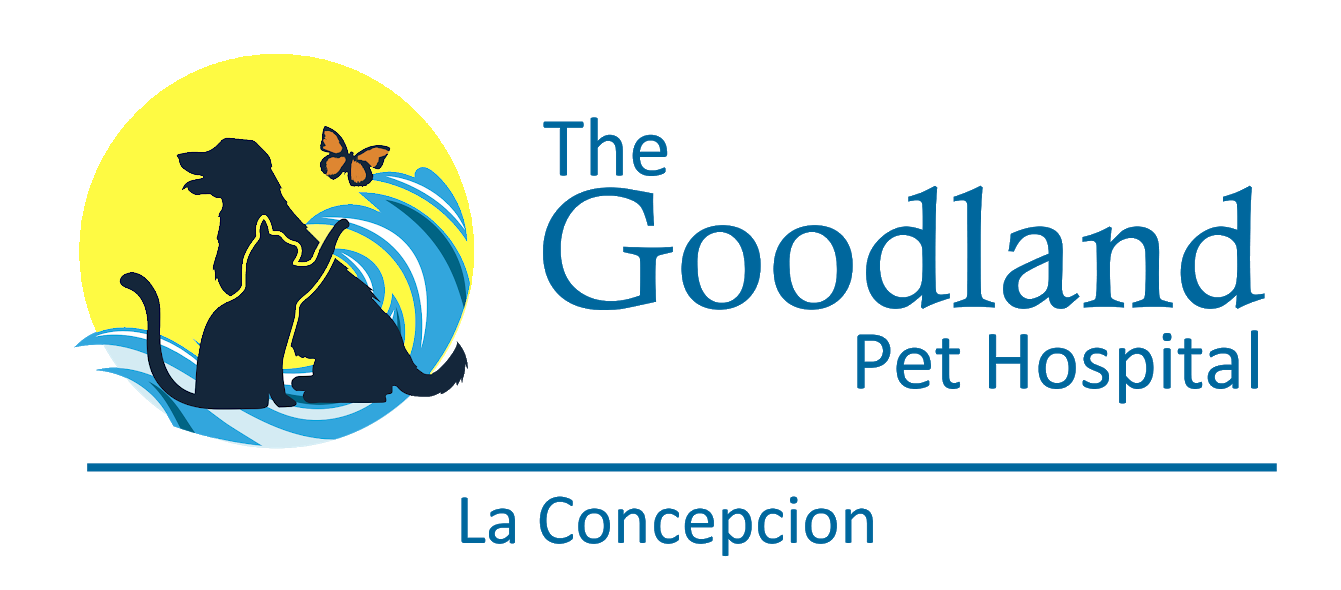When we think of raw food diets, images of salads and pressed juices may come to mind. But when it comes to raw diets for our canine friends, it’s quite a different story. Dogs shouldn’t consume raw meat-based diets. Read on to find out why.
Long before they were domesticated and became our companions, dogs ate raw meat, bones, and other scraps they were able to scavenge. There are some who suggest that dogs should still be fed a similar diet. Yet the U.S Food and Drug Administration (FDA) disagrees, as do most veterinarians and veterinary organizations, including the American Veterinary Medical Association (AVMA), the American Animal Hospital Association (AAHA), and others, citing potential health concerns for pets and people. Those concerns have been confirmed by multiple studies, including a study published in Vet Record.
Conducted at Utrecht University in the Netherlands, the study examined 35 frozen pet food products from 8 different brands. All of the products contained a combination of raw meat, bones, and animal by-products from beef, duck, chicken, lamb, and horse, plus additional ingredients.
Looking for bacteria and pathogens that could potentially sicken animals and people through contact with contaminated food or feces, researchers found:
- 80 percent of the pet foods tested positive for E. coli
- 23 percent tested positive for E. coli 0157:H7
- 20 percent of the products tested positive for salmonella
- 54 percent contained Listeria monocytogenes
- 43 percent contained other listeria species
Here are three reasons you should not feed your dog a raw-food diet:
- Exposure to bacteria in raw meat poses a threat to the health of humans and pets. People can come into contact with these potentially life-threatening pathogens by toughing the infected pet, handling contaminated food, touching contaminated surfaces, or consuming human food that has been cross-contaminated.
- Raw-food diets may not contain the proper balance of nutrients for optimal canine health. Reputable pet food companies have veterinary nutritionists on staff, ensuring that their foods are properly formulated with the appropriate nutrients for animals in various stages of life.
- Dogs who chew on whole bones can choke, break teeth, or experience a potentially deadly internal puncture or obstruction.
Choosing the appropriate food for your dog is important to his health and longevity. For help with picking the right food, contact us.
